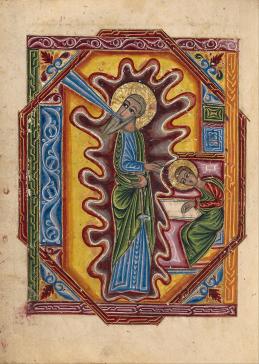Most of what we know comes not from perception, intuition, or reason, but from what others tell us orally or in writing. From whom and when we accept testimony—knowledge from the act of telling—is thus a crucial element of any thinker’s epistemology, whether this is explicitly stated or not. Cultural and communal concepts of authority, both epistemic and practical (e.g., political), are crucial to understanding what knowledge is transmitted and accepted. Despite the recent rise of testimony as a field of study in contemporary social epistemology, its role in the transmission of texts and ideas by pre-Renaissance authors has not been fully investigated. Analyzing historical models of knowledge generation and transmission shows how the objectivity of science combines with communal and cultural understandings of authority.
I focus on three medieval thinkers—Saadya ben Yosef, a Jewish rabbi, philosopher, and Gaon at the Sura Academy in 928; al-Ghazali, an Islamic jurist, philosopher, and head of the Nizâmiyya Madrasa in Baghdad in 1091, and Thomas Aquinas, a Christian Dominic friar, theologian, and philosopher in Paris and Rome in 1245–74—who give special attention to testimony because they maintain that God speaks, making theories of inspiration or textual revelation fundamentally testimonial. Social epistemology’s framework for testimony allows us to read the medieval tradition in a new light. Contemporary philosophy also has something to learn from the history of philosophy, since medieval thinkers are not only particularly good at identifying their communal epistemic authorities, but also maintain rigorous methods to assess those authorities, holding them accountable for the truth value of their claims.

